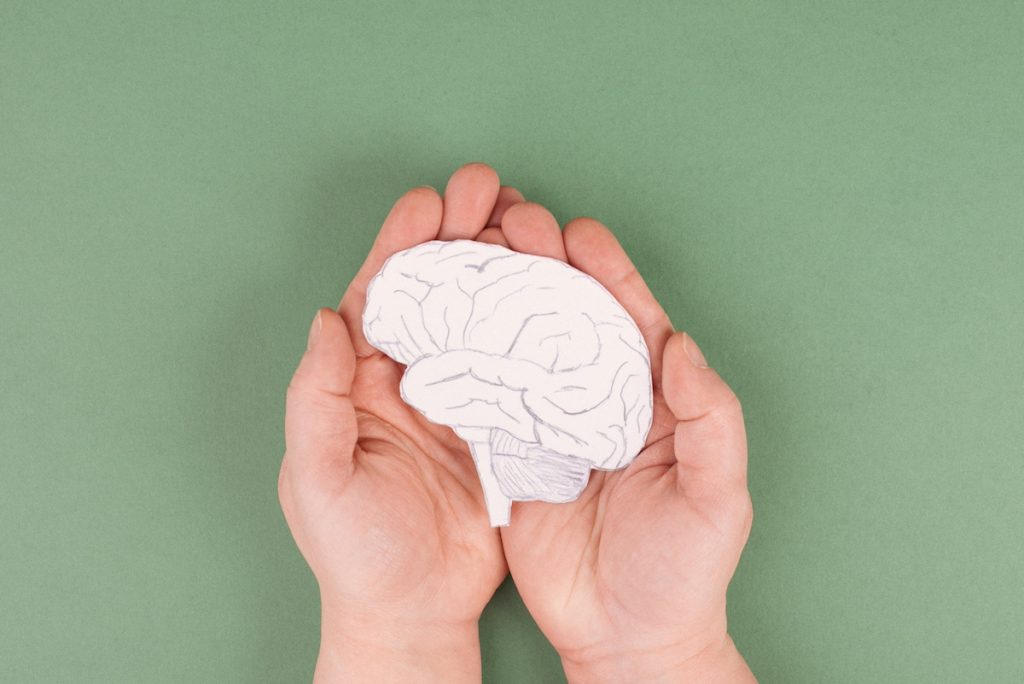
Is Depression a Disability? Understanding Its Classification and Impact
December 23, 2024
The Importance of Mental Wellness: A Path to a Healthier You
January 2, 2025
Depression is more than just feeling sad—it’s a complex mental health condition that significantly impacts the brain. Understanding the effects of depression on the brain can shed light on why it’s so debilitating and emphasize the importance of early intervention and treatment. From altering brain structure and function to influencing long-term mental and physical health, the effects of depression are profound and far-reaching.
How Depression Affects the Brain
Depression disrupts the balance of neurotransmitters and impacts critical regions of the brain that regulate mood, memory, and behavior. Here’s a closer look at how depression affects the brain:
1. The Hippocampus: Memory and Learning
The hippocampus, which plays a critical role in memory formation and learning, is one of the brain regions most affected by depression. Prolonged depressive episodes can lead to:
- Reduced Volume: Studies show that people with long-term depression often have a smaller hippocampus due to the toxic effects of prolonged stress hormones, particularly cortisol.
- Memory Problems: High cortisol levels can damage neurons in the hippocampus, making it difficult to retain new information or recall memories.
2. The Amygdala: Emotion Regulation
The amygdala is responsible for processing emotions like fear and pleasure. In individuals with depression:
- Overactivity: The amygdala often becomes hyperactive, leading to an exaggerated response to negative emotions or stress.
- Emotional Imbalance: This hyperactivity can result in heightened sadness, anger, or irritability, making emotional regulation more challenging.
3. The Prefrontal Cortex: Decision-Making and Focus
Another region significantly affected by depression is the prefrontal cortex, responsible for decision-making, planning, and focus.
- Reduced Activity: Depression often reduces activity in the prefrontal cortex, making it difficult to concentrate, make decisions, or solve problems.
- Weakened Connectivity: Depression can also disrupt communication between the prefrontal cortex and other brain regions, affecting how individuals process emotions and respond to stress.
The Role of Neurotransmitters
Neurotransmitters, the brain’s chemical messengers, play a central role in depression. Key neurotransmitters affected include:
- Serotonin: Often called the “feel-good” neurotransmitter, low serotonin levels are linked to sadness and hopelessness.
- Dopamine: Responsible for reward and motivation, decreased dopamine levels can result in a lack of pleasure or interest in activities.
- Norepinephrine: This neurotransmitter helps regulate alertness and energy levels; its depletion can contribute to fatigue and lethargy.
Disruptions in these chemical signals are a hallmark of how depression affects the brain, and many treatments aim to restore balance to these systems.
The Long-Term Effects of Depression on the Brain
Chronic depression can cause lasting changes in brain structure and function. The long-term effect of depression is particularly concerning because it may increase vulnerability to other mental and physical health conditions.
1. Brain Shrinkage
Chronic depression is associated with the atrophy or shrinkage of specific brain regions, particularly the hippocampus and prefrontal cortex. This shrinkage can lead to persistent memory problems, cognitive difficulties, and emotional instability.
2. Increased Risk of Neurodegenerative Diseases
Long-term depression may increase the risk of developing conditions like Alzheimer’s disease or other forms of dementia. Stress-induced damage to brain cells and the hippocampus could play a role in this heightened vulnerability.
3. Weakened Stress Response
Prolonged depression alters the brain’s stress response system, making individuals more reactive to future stressors. This heightened sensitivity can create a cycle of depression and stress, further exacerbating symptoms over time.
4. Physical Health Impacts
The effects of depression extend beyond the brain, influencing overall physical health. Chronic inflammation, often linked to depression, is associated with conditions like heart disease, diabetes, and autoimmune disorders.
Can the Brain Heal from Depression?
The good news is that with proper treatment and support, many of the changes caused by depression can be reversed or mitigated. Neuroplasticity—the brain’s ability to adapt and reorganize—plays a vital role in recovery.
Effective Treatments Include:
- Therapy: Approaches like Cognitive Behavioral Therapy (CBT) can help rewire negative thought patterns and restore healthy brain function.
- Medication: Antidepressants can help regulate neurotransmitter levels and improve connectivity between brain regions.
- Lifestyle Changes: Movement, a balanced diet, and adequate sleep promote neurogenesis (the growth of new brain cells) and improve overall brain health.
- Stress Management: Techniques like mindfulness and meditation can lower cortisol levels and reduce the damaging effects of stress on the brain.
Get Help Today
The effects of depression on the brain are significant, altering its structure, function, and chemistry. These changes can result in memory problems, emotional dysregulation, and long-term cognitive challenges. However, the brain can heal with appropriate intervention and lifestyle adjustments, and individuals can achieve meaningful recovery.
Understanding how depression affects the brain underscores the importance of early detection and treatment. Whether through therapy, medication, or holistic approaches, taking steps to address depression can help mitigate its long-term effects and improve both mental and physical well-being.
If you or someone you know is struggling with depression, seek help. With the proper care, recovery is not only possible but attainable.
_________________________________________________________________________________
Looking for treatment for an eating disorder, anxiety, depression, trauma, or postpartum mood disorder?
Evolve Counseling Services is a specialized team of Licensed Therapists providing treatment in Paoli.



